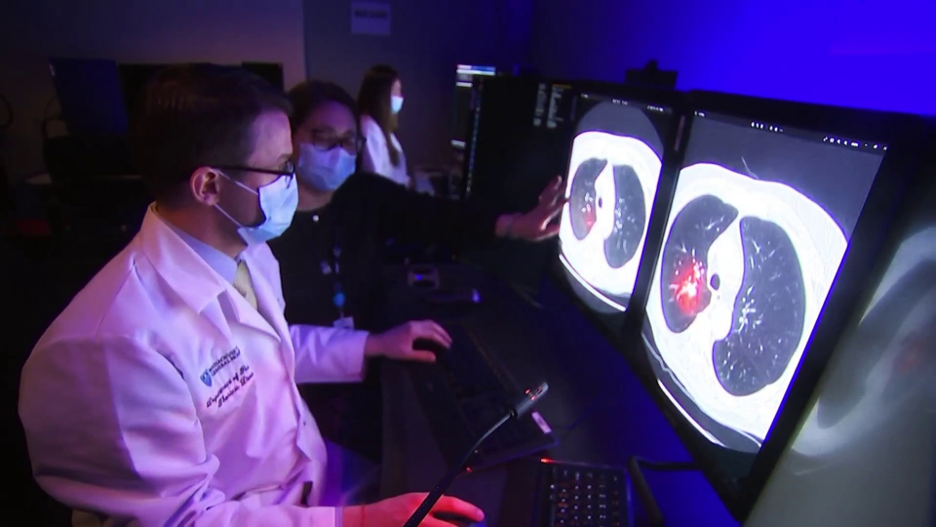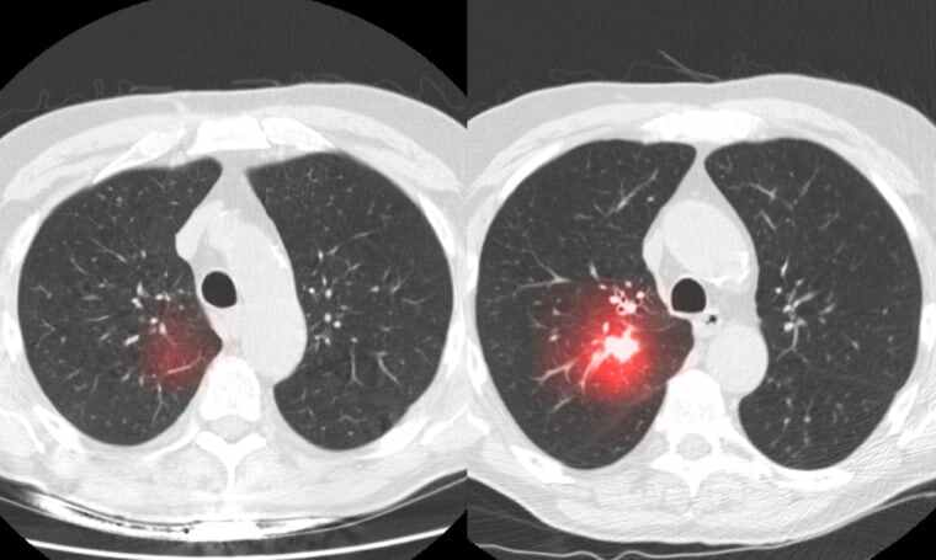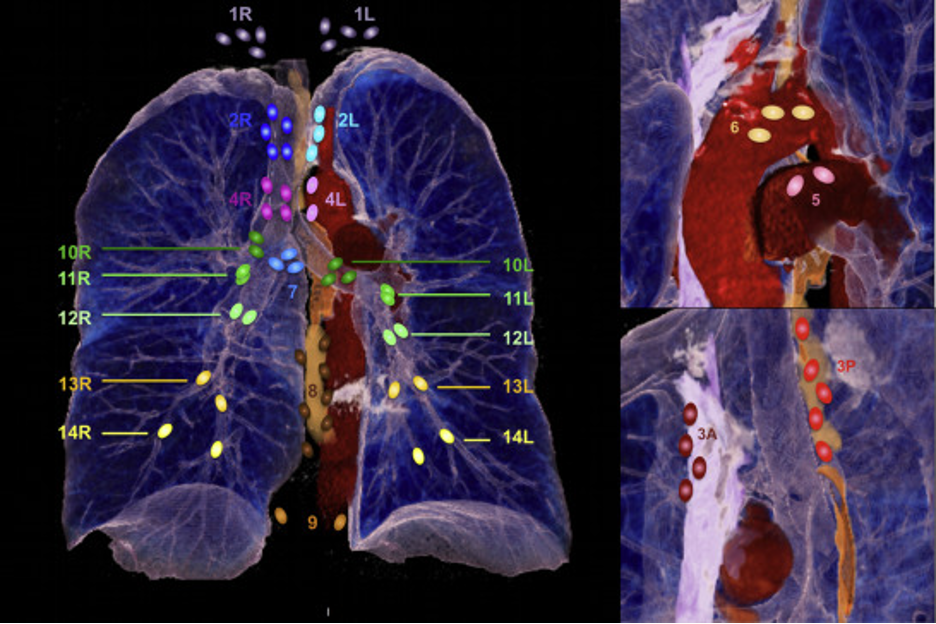
High Accuracy AI Revolutionizes Lung Cancer Detection: A Game-Changer in Healthcare
Healthcare has recently benefited greatly from developments in artificial intelligence (AI) technology. Improved lung cancer detection is one of AI's most revolutionary uses in the medical field. Lung cancer continues to be one of the top causes of cancer-related deaths worldwide, and improving survival rates requires early detection. We will examine how high-accuracy AI is altering the landscape of lung cancer detection in this article, ushering in a new era of precision medicine and better patient outcomes.

The Challenge of Lung Cancer:
In the field of oncology, lung cancer poses a severe threat since it frequently goes unnoticed until it has advanced. It's difficult to identify because it's asymptomatic in the early stages. Traditionally, lung cancer detection has depended on invasive procedures like biopsies as well as imaging methods like X-rays and CT scans. These techniques do have certain limits, though. False results, the requirement for competent radiologists, and delays in diagnosis can all cause patients unneeded stress.
Enter AI-Powered Lung Cancer Detection:
A potent weapon in the fight against lung cancer is artificial intelligence. The early detection of this fatal disease has undergone a revolution because to its capacity to process enormous amounts of medical data and recognize subtle patterns. The following are some significant ways that AI is changing lung cancer detection:1. Improved Accuracy:
AI algorithms have demonstrated a remarkable ability to analyze medical images with unprecedented accuracy. By identifying minuscule anomalies in lung scans that may elude the human eye, AI helps reduce false negatives and false positives.2. Early Detection:
The greatest advantage of AI in lung cancer detection is its potential to identify tumors at the earliest stages of development. This early detection significantly enhances the chances of successful treatment and improved patient outcomes.3. Efficiency:
AI-powered algorithms work tirelessly, providing rapid results that can expedite the diagnostic process. This increased efficiency is crucial in reducing the anxiety and uncertainty experienced by patients awaiting test results.4. Personalized Treatment Plans:
Beyond detection, AI is essential for customizing treatment strategies. AI can provide personalized treatment solutions that might result in improved outcomes by reviewing a patient's medical history, genetic makeup, and other pertinent data.5. Reduced Healthcare Costs:
Timely detection and personalized treatment plans can lead to cost savings in the long run. By preventing the progression of lung cancer to advanced stages, the financial burden on both patients and healthcare systems can be substantially reduced.
